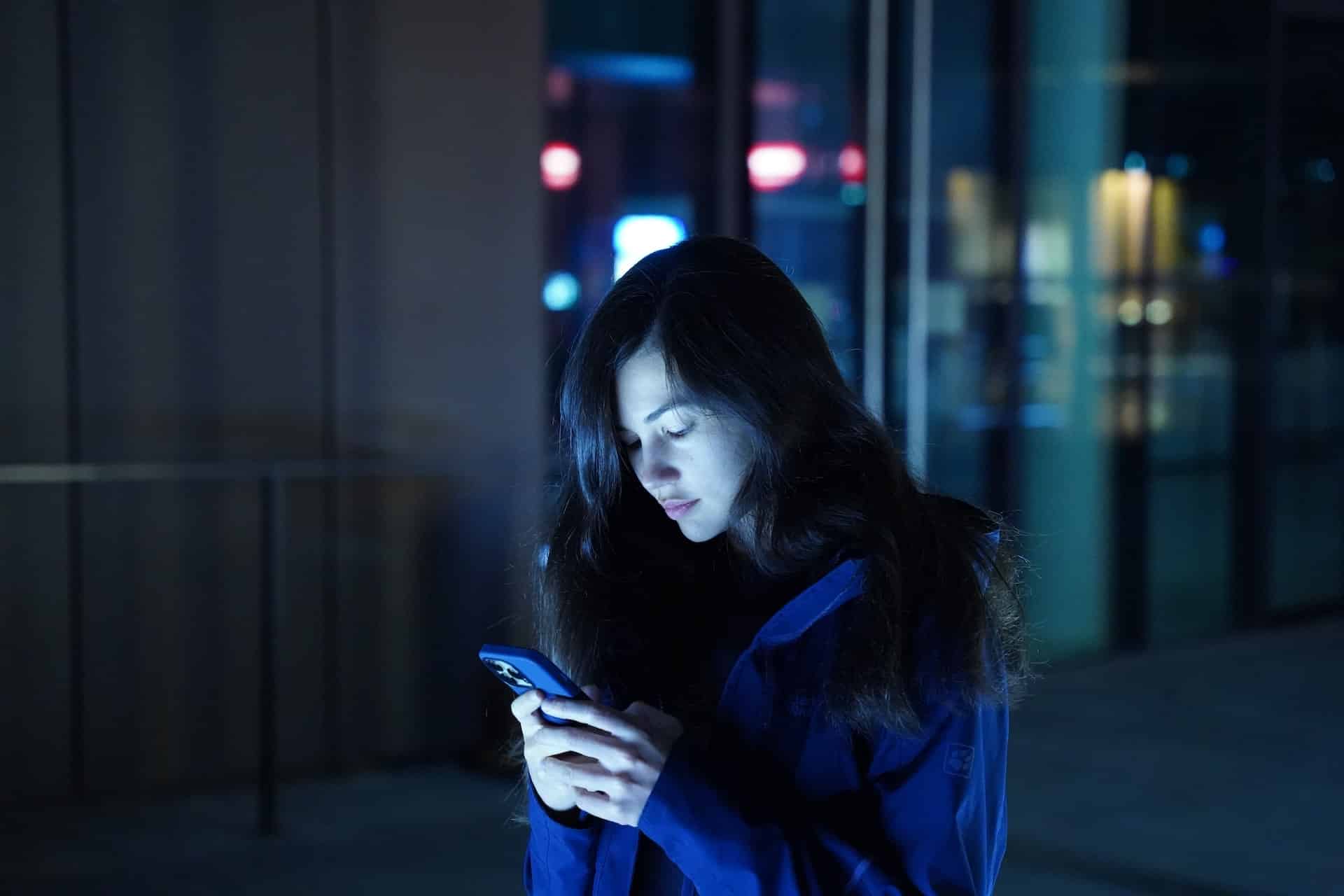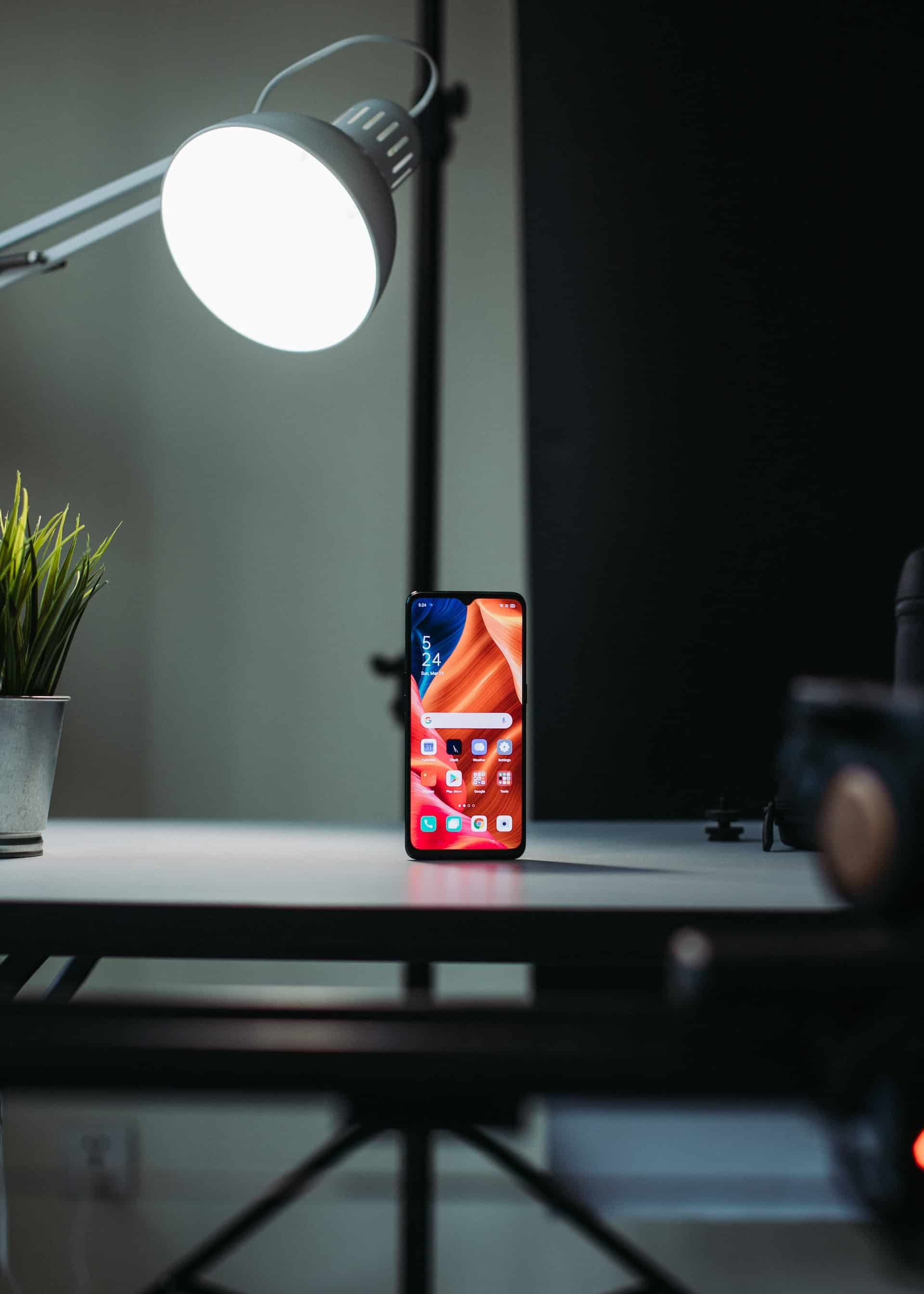We live in a world where technology is rapidly advancing, and it can be challenging to keep up. As technology progresses, Raees Ahmed, Psychiatrist from Sugar Land, TX, says it has become an integral part of our lives, making us more connected than ever. While this can be a great thing, it also has its drawbacks.
One area that has been particularly affected by the proliferation of technology in mental health; research shows that the use of digital devices and social media can have both positive and negative implications for our mental well-being. Let’s take a look at how technology affects our mental health.
IMAGE: UNSPLASH
The Pros Of Technology On Mental Health
Raees Ahmed, Psychiatrist from Sugar Land, TX, says one positive effect of technology on mental health is its potential to reduce feelings of loneliness and isolation. Social media platforms such as Facebook, Twitter, and Instagram allow people to stay in touch with friends and family far away or just around the corner.
This connection can help improve moods, reduce stress, and increase happiness. Additionally, many online support groups are available that provide people with a safe space to talk about their problems and get advice from others who may have gone through similar experiences.
Technology also provides access to resources that may not have been available before. Online therapies such as Cognitive Behavioral Therapy (CBT) are widely available through apps or websites that allow users to track their progress and receive feedback from professionals in real-time.
This level of accessibility makes it easier for individuals to seek out the help they need without having to leave their homes or wait long periods for an appointment with a therapist or psychiatrist.
Finally, digital devices provide an outlet for creative expression – whether through music production software, art programs such as Photoshop or Procreate, or even gaming consoles – all of which can help us relax and express ourselves in ways we might not otherwise be able to do in person due to anxiety or other social issues.
The Cons Of Technology On Mental Health
While there are many positive aspects regarding using technology for mental health, there are also some potential drawbacks that should be considered. Too much time spent online can lead to disconnection from reality; this could mean missing out on important life events such as graduations or birthdays because you’re too busy scrolling through your phone instead of engaging with those around you.
Additionally, constant exposure to other people’s seemingly perfect lives on social media platforms can cause envy or inadequacy, potentially leading to depression if left unchecked.
Raees Ahmed, Psychiatrist from Sugar Land, TX, says the overuse of devices may also affect sleep patterns; screens emit blue light, which tricks our brains into thinking that it’s still daytime – this disrupts melatonin production, which is essential for healthy sleep habits – leading to tiredness during the day which could then lead to further issues such as decreased concentration levels or irritability throughout the day due impaired restful sleep at night.
How Can You Manage Technology Use For Better Mental Health?
The key to using technology for better mental health and well-being is balance. Set specific times when you will switch off from the digital world and focus on engaging in activities that don’t involve a device; this could be anything from reading a book, going for a walk, or spending time with friends and family.
It’s also important to take breaks from social media; this could involve deleting the apps off your phone or setting specific times when you can check your notifications and switch them off again until the next designated time. Doing this will help you become more mindful of how much time you spend online and allow you to engage in other activities.
Finally, be aware of what type of content you are consuming online; if something makes you feel anxious or upset, then take a step back and find something else to do or talk to someone about how it’s making you think. This will help keep your mental health in check and ensure that your use of technology is helping rather than hindering your well-being.
By taking these steps, you can ensure that using technology for mental health is a positive experience that enables you to find balance, cope with stress and ultimately lead a healthier and happier life.
Conclusion
In conclusion, Raees Ahmed, Psychiatrist from Sugar Land, TX, says while technology has revolutionized communication between people and provided access to helpful resources previously unavailable. It has also had some detrimental effects on our mental well-being if not used responsibly – such as feelings of loneliness/isolation due overuse/addiction; envy/inadequacy caused by comparing yourself with others online; sleep deprivation caused by blue light emissions from screens; etc.
It is, therefore, vital that we be mindful when using these tools so that we don’t fall into bad habits that could negatively affect our mental health in the long run.. With proper monitoring and self-control, we can reap the benefits while avoiding any potential pitfalls associated with using digital devices/social media platforms.
IMAGE: UNSPLASH
If you are interested in even more technology-related articles and information from us here at Bit Rebels, then we have a lot to choose from.


COMMENTS